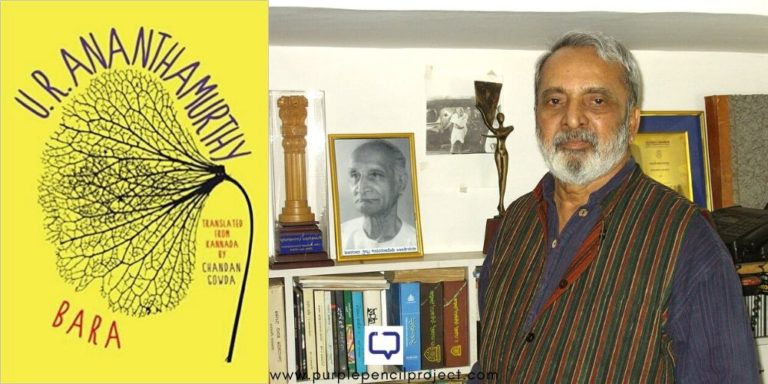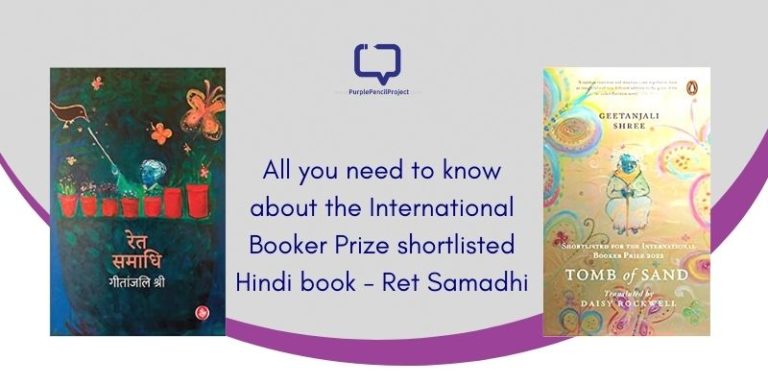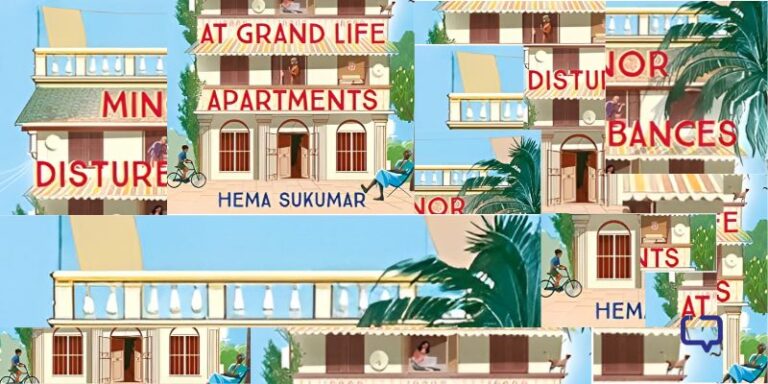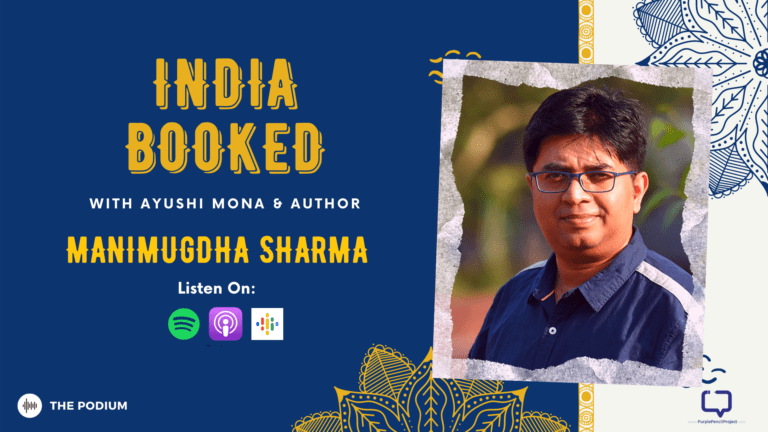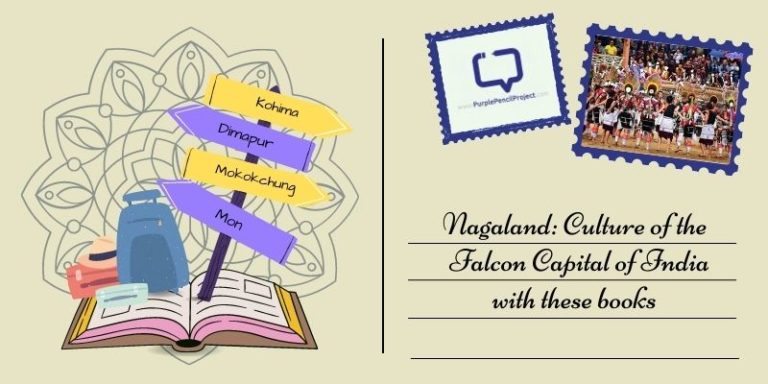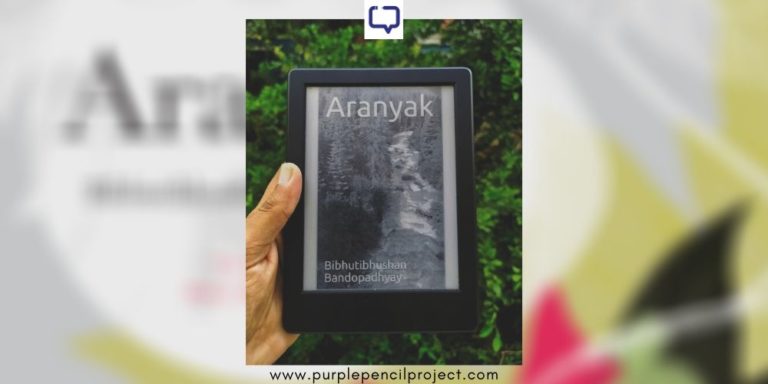Rahul Vishnoi reviews Cursed Bunny by Bora Chung, translated from Korean by Anton Hur (Hachette India, 2023).
Cursed Bunny is a surprise runaway superhit of the year 2022 when it was longlisted and then shortlisted for the International Booker Prize. It lost to our very own Geetanjali Shree’s Tomb of Sand, translated by Daisy Rockwell. But it continues to win (and scare) hearts all over the world. Its success resulted in a similar book “Your Utopia” published in 2024 by the same author-translator duo.
The Unprecedented Success of Cursed Bunny
The unprecedented, record-breaking popularity of Cursed Bunny is even more important when you look at the history of what little success translated books have globally. The pathbreaking imagination of Bora Chung, the fluid translation of Anton Hur was what helped propel the book into a bestseller. Also, its out-of-the-box, crazy premise for almost all the genre-defying stories with horror as a unifier helped it fly out of shelves.
Originally published in early 2017 in South Korea, its modest success and whacky premise promoted international publication in the UK in 2021 and subsequently in the US the next year. The Booker nomination came in 2022. Consequently, Cursed Bunny exploded upon the literary scene. The no-frills, straightforward storytelling by Bora Chung helped garner young readers (although the book is meant for 18+).
Recommended Reading: A Review of the Hindi Book That Won the International Booker Prize 2022
The New York Times praised the diversity of the collection’s stories and the translation, complimenting Anton Hur for capturing “the tricky magic of Chung’s voice”. Cursed Bunny consists of ten short stories, that rely heavily on horror and a mystic element. The stories, if you were hell-bent on boxing them, could be tossed into the box of speculative fiction: “The Head“, “The Embodiment“, “Cursed Bunny“, “The Frozen Finger“, “Snare“, “Goodbye, My Love“, “Scars“, “Home Sweet Home“, “Ruler of the Winds and Sands“, and “Reunion.”
Highlights of the Stories
The stories are terrifying, mystifying and in the case of the story that kickstarts the book, The Head, downright disgusting. A lumpy structure one day comes out of a girl’s toilet and calls her mother. It is made up of her faeces and hair and demands her to call the lump her own. The girl is naturally disgusted by it and tries to get rid of it but it doesn’t go away. The Head is the only story of the entire collection that is open to interpretation. You can draw your own conclusions and they would be right.
As her young self toweled off, the old self stripped down. Her garments weren’t anything fancy: a cardigan, a simple dress, a bra, panties, and socks. That was it. Naked, she watched her young self pick up each item and put them on. Panties. Bra. Dress. Cardigan. Her young self seemed to relish each item. Lastly, the socks were put on, the buttons on the cardigan done up. Her old self felt a chill against her naked body.
– Bora Chung, Cursed Bunny
The rest of the stories are solid in their element and unambiguous in their premise. Bora tells you these stories in her trademark no-nonsense approach to storytelling and what she writes is what you read. There is no room for any interpretation. That’s the reason I feel the byte given by the Booker Judges is not only inadequate, it’s limited and partially wrong. This is what their byte reads-
While the stories in Cursed Bunny by Bora Chung blend elements of horror, fantasy and the surreal, each is viscerally rooted in the real fears and pressures of everyday life.
Out of 10, hardly 3 stories are rooted in everyday pressure. This makes me wonder if they even read the entire collection!
The eponymous story, Cursed Bunny, is what you could claim as rooted in everyday pressure. A cursed object is delivered to a crooked businessman and how his entire family disintegrates makes up the story.
A neighbor found him sitting in the middle of the road, dazed from having wandered around the vicinity of the school for a long time. The boy smelled terrible. The neighbor who brought him to his mother, embarrassedly mentioned that the boy seemed to have soiled his pants, and she turned around and quickly walked away before the boy’s mother could even recover from the shock and thank her.
– Bora Chung, Cursed Bunny
And one of the most gruesome paragraphs from the story:
The child’s condition only grew worse after their visit to the university hospital. The child could no longer recognize his parents’ faces, repeatedly soiled his trousers, could not walk properly, and kept muttering to himself but no longer formed meaningful words. He spent most of his day lying in bed and staring up at the ceiling with unfocused eyes, gurgling now and then, but the one thing he consistently did was obsess over the bunny lamp.
The bunny lamp was moved from his desk to his nightstand, and the child, while mumbling at the ceiling, turned to look at the lamp from time to time, which seemed to reassure him, and he became anxious and screamed whenever anyone else tried to touch it.’
– Bora Chung, Cursed Bunny
The Embodiment, the second story in the book, silently lashes out at the patriarchy, where a girl gets pregnant because of botching up the dose of birth control pills (another whacky angle) and is warned by her gynaecologist to promptly find a father for her kid or it will not go down well for either of them.

Goodbye, My Love is fertile fodder for all those conspiracy theorists who cry foul at the expanding role of AI in our lives. A scientist is at the raw end of a deal after a robot she bought has malfunctioned.
Seth smiles. The smile is so unsettling that a chill runs down my spine. I write down “normal” and “compatible” under “Initialization” and add an extra note recommending the smile function be rolled back. Seeing an android smiling like a human after doing something a human wouldn’t do is creepy.
– Bora Chung, Cursed Bunny
The Frozen Finger reminded me of a short story by Stephen King, where he speculates that living one moment (your worst) on a loop is what makes up hell. This is probably the weakest story in the book.
Snare and Scars are creature-driven stories, teetering towards the fantasy side with Snare being one of the most gruesome stories of recent times. Told like legends, they raise goosebumps. While Snare tells the story of the unending human greed, Scars highlights the cruelty of the human race. A boy is locked in a cave as a tribute to a beast who feasts on him from time to time. When the boy escapes the beast, he falls into the clutch of another kind of evil- man.
Flashing sunlight or suffocating darkness, the blinding sky or the damp and mouldy air of the cave, water as cold as ice or sticky humidity and feces-there was nothing in between for the boy and no foretelling of what would happen when.
– Bora Chung, Cursed Bunny
Bora adds a dash of philosophy to her horror in these lines:
He thought of how he’d smashed his steel chains against the walls of the cave just to see a single spark. Had some giant trapped inside the cave of the night sky struck their chains against some unimaginably large wall to create the stars? Had they done it as a cry for help? Or to endure, somehow, the emptiness and darkness? He had no way of knowing.
– Bora Chung, Cursed Bunny
Reunion, the last story, reads like an old wine in a (slightly) new bottle. Bora adds some more philosophical undertones here:
For some people, their lives are ruled by one shocking event reverberating through their survival instincts. Life shrinks into a trap made up of a shimmering moment in the past, a trap where they endlessly repeat that singular moment when they were surest of being alive. That moment is short, but long after it has passed, good times as well as bad slip like sand through their fingers as they meaninglessly repeat and confirm their survival. Those who are unaware of their lives slipping away while they are ensnared in the past—him, his grandfather, his mother, me—are in the end, whether alive or dead, ghosts of the past.
– Bora Chung, Cursed Bunny
Although it’s not feasible to judge all stories by the same yardstick, the book overall gives a (wholesome!) horror experience. Don’t tell me you weren’t warned!












